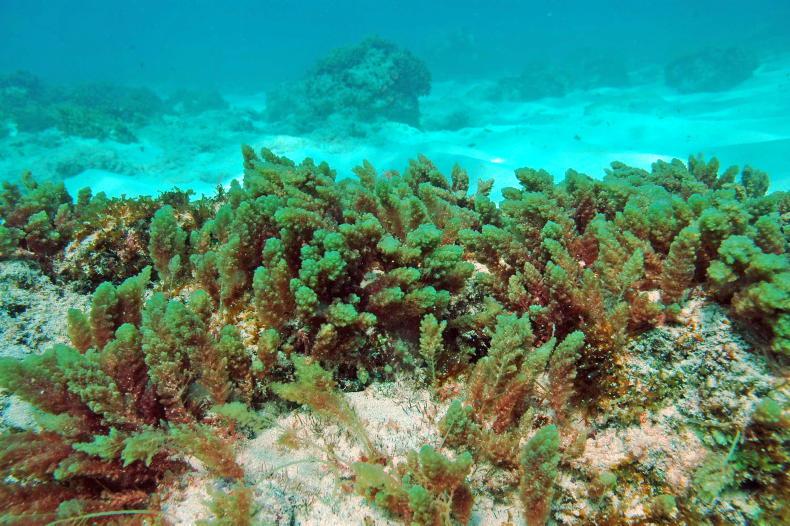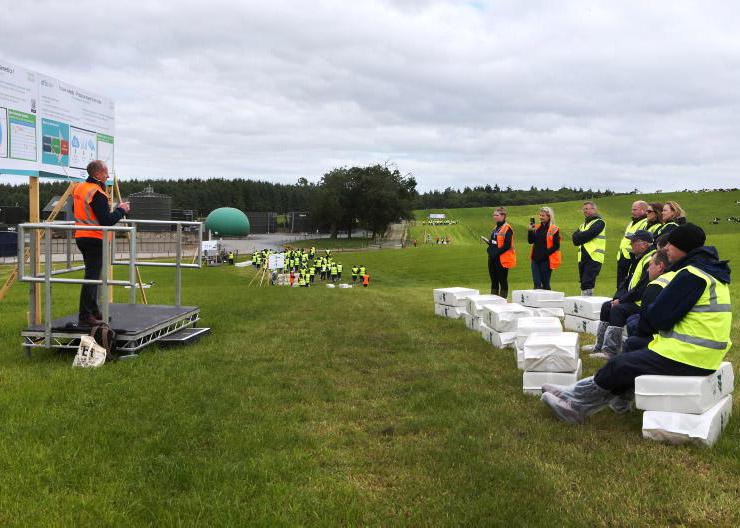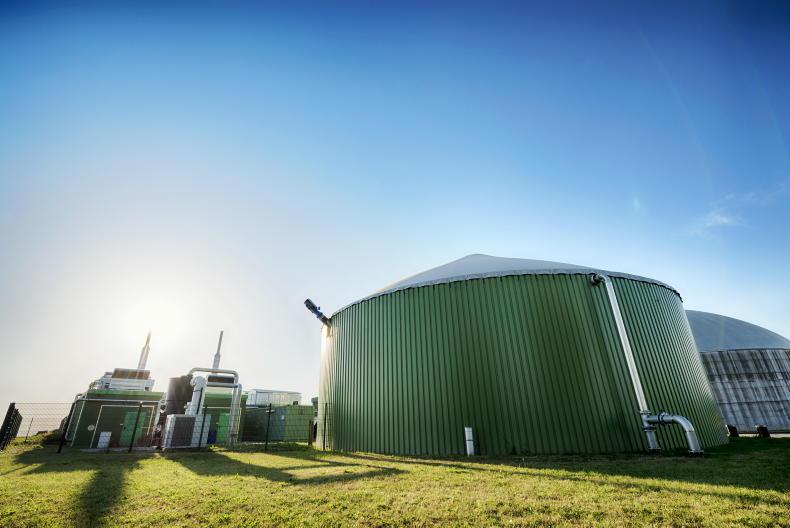Extending the length of the grazing season, increasing dairy cow genetic merit via EBI, optimising age at first calving and improving overall feed efficiencies to lower the slaughter age are all methane mitigation measures.
However, as dairy cow numbers increase and the Government aims for numbers to stabilise, more needs to be done.
Sinéad Waters of Teagasc described some methods of reducing methane emissions at a recent Teagasc Signpost Webinar.
Breeding is an important part of the process. Choosing animals with high feed efficiency and a low environmental output is essential
She listed breeding initiatives, feed additives and grassland management as three main initiatives to reduce methane levels on farm into the future.
Breeding is an important part of the process. Choosing animals with high feed efficiency and a low environmental output is essential. Increasing the genetic merit of dairy cows through the EBI is a key part of the Marginal Abatement Cost Curve (MACC) compiled by Teagasc. Waters also outlined how this can enhance farm profitability.
Feed additives
METH-ABATE, a research project by Teagasc, aims to develop novel farm-ready technologies to reduce methane emissions from pasture-based systems by using feed additives such as seaweed, oils and olive feed.
As extending the grazing season is also outlined, feeding additives is either needed in the parlour or through other technologies like a slow-release bolus which could be administered to animals at grass.
Waters warned that the farm-level cost-effectiveness of these additives needs to be evaluated
It appears the brown seaweed which Ireland grows in abundance has little effect on methane. Red seaweed can reduce methane levels, but is an expensive option and more research is needed into toxicity levels. Asparagopsis taxiformis has been shown to reduce methane emissions by 36%, but is not available in abundance here in Ireland and is most commonly found in the tropics, so harvesting and importing bring about more sustainability questions.
Importantly, Waters warned that the farm-level cost-effectiveness of these additives needs to be evaluated.
Grazing time and type
Extending the grazing season is another important management strategy which can be used to reduce methane production. An extension of that is the inclusion of clover in the sward, which can increase the passage rate through the rumen of the animal.
The inclusion of herbs in multi-species swards can have a dual effect as some tannins can reduce methane levels, while nitrous oxide emissions can also be reduced. Waters said some multi-species swards have shown a reduction in methane production of 10%.
No simple answer
Minister McConalogue made the important point that “the environmental cost associated with increasing output by some farmers cannot be transferred to all other farmers”. All farmers need to practise methane mitigation strategies. This could also be true of other sectors.
For instance, transport makes a substantial contribution to Ireland’s emissions, yet car sales are increasing and little is being done to make the move to electric models. Regularly we see images of cattle on the news as part of the climate problem, but solutions to reduce methane emissions are being brought forward.










SHARING OPTIONS